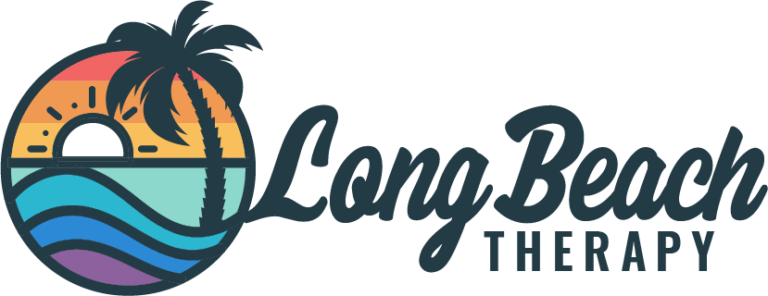Two Types of Homophobia and how They Can Affect You and Your Relationship
While some parts of the world are becoming more accepting, the fact is that homophobia is still a problem in most parts of the world. You are probably already familiar with external homophobia, that coming from other people. However, especially if you have a very conservative or religious upbringing, you may also experience internal homophobia, even if you didn’t know it had a name.
If you happen to be fortunate enough to live in an open-minded area and have a family that is supportive, homophobia may be little more than a concept that has little impact on you. If, however, you live in an area where homophobic sentiment is very strong and/or you were raised in a home that was unsupportive, the effects of homophobia on you and your relationship can be far-reaching. Some of these effects include:
-
Reduced life expectancy
Not only is the LGBTQ community more likely to commit suicide due to bullying, but some studies suggest that they are more likely to have a shorter life expectancy if they live in a homophobic community compared to if they live in a supportive community.
-
Violence
Hate crimes against the LGBTQ community are, unfortunately, quite common. Even more unfortunately, they are not even legally classified as hate crimes in many areas. Sexual orientation is not protected in the same way as race.
-
Mental Illness and Suicide
Stress of dealing with homophobia can make life difficult. LGBTQ individuals, especially teens and young adults, are significantly more likely to suffer from depression or anxiety than their straight peers.
For too many young gay people, suicide seems to be the only way out of a homophobic situation. While exact numbers have been difficult to pin down, the Suicide Prevention Resource Center estimates that 30-40% of young LGBTQ people have attempted suicide at least once.
Internal homophobia can exacerbate depression and anxiety caused by living in an intolerant community. It’s hard enough to live with hatred coming from others, but being unable to accept an integral part of oneself is much more difficult.
-
Cardiovascular disease
High stress levels can take a physical toll as well as a psychological one. Gays, lesbians, and bisexual people who live in intolerant areas have a 25% increased risk of cardiovascular disease. (source listed at end of this blog)
-
Substance abuse
According to the Centers for Disease Control, those who are faced with constant homophobia are nearly 4 times more likely to turn to drugs as a means to cope.
-
Difficulty in relationships
For those experiencing internal homophobia, getting into a relationship can be difficult. When you aren’t attracted to the kinds of people you are expected to be attracted to, you might be reluctant to get into a relationship, or you might find yourself subconsciously sabotaging your relationships.
These are just a few of the most disturbing effects of homophobia. There are plenty of others that are just as significant, though some are subtle. No matter what your sexuality, it’s time to stand up and put an end to homophobia.
#4 stats came from: Sexual Orientation Disparities in Cardiovascular Biomarkers Among Young Adults by Mark L. Hatzenbuehler, PhD, Kate A. McLaughlin, PhD, and Natalie Slopen, ScD
